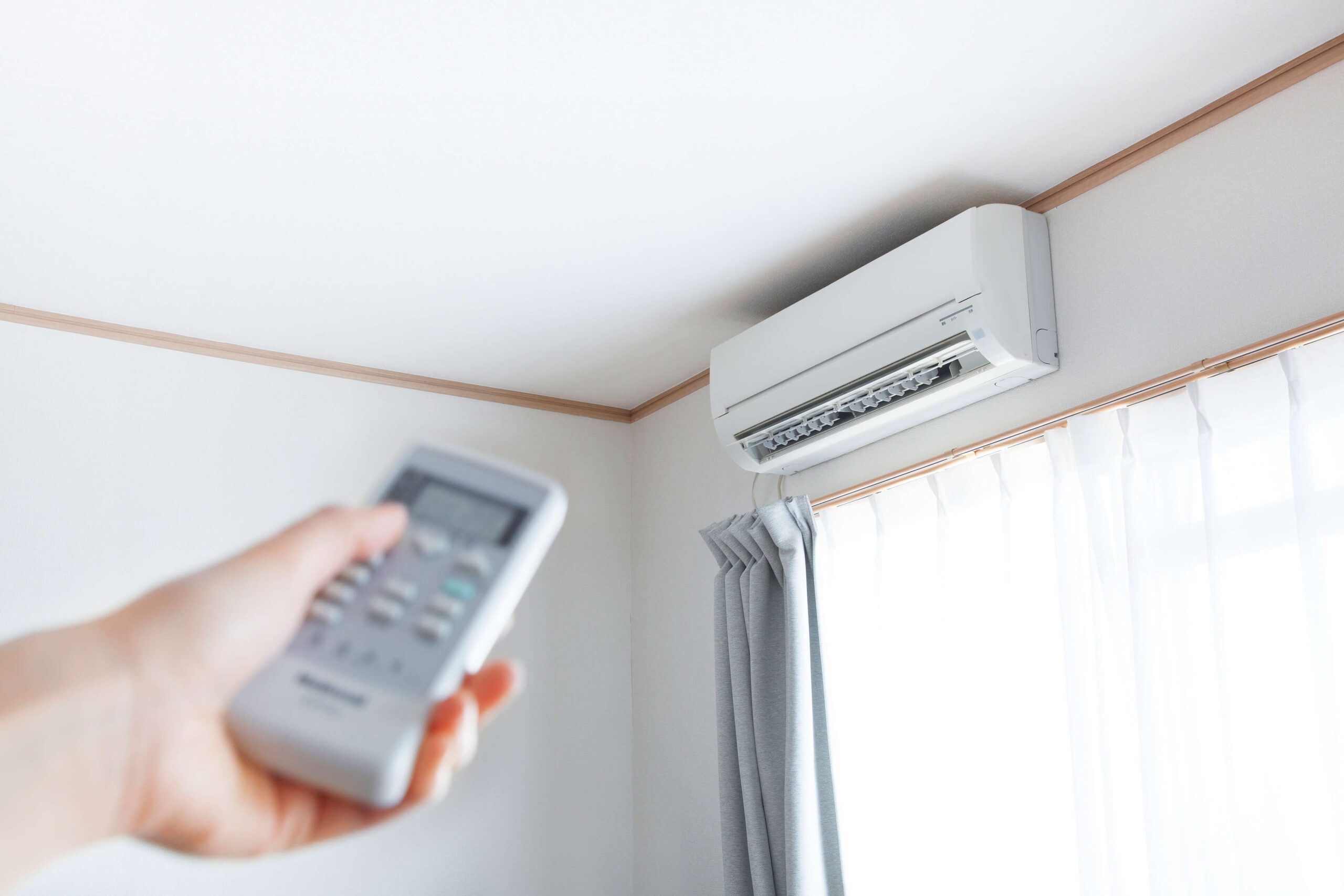
If you want to breathe cleaner, healthier air in your home or office, improving indoor air quality with your HVAC system is an excellent place to start. Here are five tips for improving indoor air quality with your HVAC system:
1- Change your air filters regularly
One of the easiest and most important things you can do to improve indoor air quality is to change your air filters regularly. A dirty or clogged air filter can reduce the effectiveness of your HVAC system and allow pollutants, allergens, and other particles to circulate in your indoor air. Make sure to check and replace your air filter according to the manufacturer’s recommendations, usually every 1-3 months.
2- Invest in a high-quality air purifier
An air purifier is another effective way to improve indoor air quality. It can help to remove a wide range of pollutants, such as dust, pollen, pet dander, and mold spores, from the air. Look for a high-quality air purifier with a HEPA filter, which is capable of capturing small particles and allergens.
3- Maintain proper humidity levels
High humidity levels can promote the growth of mold and bacteria, while low humidity levels can dry out your skin and respiratory passages. Maintaining a proper humidity level, typically between 30-50%, can help to improve indoor air quality and reduce the risk of respiratory problems. Your HVAC system can help to control humidity levels by using a humidifier or dehumidifier.
4- Use natural cleaning products
Many household cleaning products contain harsh chemicals that can contribute to poor indoor air quality. Instead, opt for natural cleaning products that are free of harmful chemicals and fragrances. You can also use natural air fresheners, such as essential oils or fresh plants, to keep your indoor air smelling fresh.
5- Schedule regular HVAC maintenance
Regular HVAC system maintenance can help keep it operating efficiently and effectively. A well-maintained HVAC system can improve indoor air quality by reducing the circulation of pollutants, dust, and other particles. Be sure to schedule regular maintenance appointments with a qualified HVAC professional, who can clean and inspect your system to ensure it’s functioning properly.
6- Change your air filters regularly
Air filters help to remove dust, dirt, and other particles from the air. Over time, they can become clogged with debris, which can reduce their effectiveness. Make sure to change your air filters regularly to ensure that they are working properly. For best results, check your filters once a month and change them every 3-6 months, depending on usage.
7- Install a high-efficiency air filter
Not all air filters are created equal. A high-efficiency air filter can trap more particles and improve IAQ. Look for a filter with a high Minimum Efficiency Reporting Value (MERV) rating. A MERV rating of 8 or higher is recommended for most homes.
8- Use a whole-house air purifier
A whole-house air purifier is installed in your HVAC system and can help to remove pollutants from the air. This type of air purifier can be especially effective for those with allergies or asthma. Make sure to choose a model that is compatible with your HVAC system.
9- Schedule regular HVAC maintenance
Regular maintenance is important for keeping your HVAC system in good working condition. A well-maintained system can improve IAQ and reduce energy costs. Make sure to schedule annual maintenance with a licensed HVAC technician.
10- Use natural ventilation
Natural ventilation can help to improve IAQ by bringing fresh air into your home. Open windows and doors when weather permits, and consider using a heat recovery ventilator (HRV) or energy recovery ventilator (ERV) to help circulate fresh air throughout your home.
Improving indoor air quality with your HVAC system doesn’t have to be difficult. By following these tips, you can help to improve IAQ and create a healthier living environment for you and your family.
By following these tips, you can improve the indoor air quality of your home or office and breathe easier. Remember to consult with a professional HVAC technician if you have any questions or concerns about your HVAC system’s ability to maintain indoor air quality.
